Baroness Sayeeda Warsi, a respected voice in British politics and a former Conservative cabinet minister, has delivered a powerful and deeply unsettling warning, drawing a direct parallel between the surging tide of Islamophobia in Britain today and the insidious antisemitism that gripped Jewish communities in 1930s Europe. Speaking with profound concern at the Hay Festival, Baroness Warsi passionately asserted that "deeply dangerous" narratives, actively fueled by those in positions of power, are poisoning the public discourse and undermining the very fabric of British society, Daily Dazzling Dawn understands.
Baroness Warsi, visibly moved, expressed her "heartbreak" at the increasingly negative and often dehumanizing portrayal of Muslim communities in public life. In a candid conversation with British-Israeli journalist Rachel Shabi, she articulated the crushing burden of perpetual suspicion faced by Muslims: "It doesn't matter how many times you serve and how many times you do what you do for our country. You still don't belong. You still don't matter. You still can't be trusted." This sentiment underscores a deeply unsettling reality where loyalty and contribution are insufficient to guarantee acceptance for a significant segment of the population.
Reflecting on her personal journey as a working-class, second-generation Pakistani Muslim from West Yorkshire, the former co-chairwoman of the Conservative Party and current member of the House of Lords shared a startlingly poignant moment. She recounted a recent conversation with her husband where they contemplated the need to prepare "exit routes" from their own country. The chilling echo of history was palpable as she mused, "I turned to him and I said, are we going to be like those Jewish families in Europe in the 1920s and 1930s, who were always sitting back, looking at the writing on the wall and thinking, ‘No, we're going to be all right. We’re very successful. We live in the right part of town. We’re part of the establishment…’ And then it will be too late. Should we be doing what everybody else around us seems to be doing right now, which is putting in place plan Bs and exit routes?” This profound statement serves as a stark reminder of how historical prejudices can resurface and threaten fundamental human rights.
Discussing her impactful new book, Muslims Don’t Matter, Baroness Warsi highlighted what she termed a "bizarre correlation with skin pigment and gratefulness" prevalent in British society. She observed, "It’s like the darker you get, the more grateful you have to be to live in your own country." This observation powerfully critiques a racialized expectation of gratitude that is inherently discriminatory and demeaning.
Crucially, Baroness Warsi emphasized that the pervasive negative perceptions of Muslim communities are not organic grassroots sentiments, but rather meticulously constructed narratives driven by political and media elites. "The good news is, this is not bottom up," she explained. "This is not ordinary people sat there thinking, ‘Oh, I really have an issue with Muslims, and I'm now going to have quite hateful views about them.’ This is people in power and people with big platforms constantly telling us, ‘We can't trust Muslims. They're all dangerous, they're violent, the men are sexually predatory, the women are traditionally submissive.’” These harmful stereotypes, she argued, are relentlessly propagated, ultimately "poison[ing] the public discourse to a point where we start seeing this community in the worst possible light.”
The Baroness also exposed the cynical eagerness of some on the far-right to attribute any negative event to Muslims, citing the recent Liverpool attack as a chilling example. She noted their "desperate" desire for the perpetrator to be Muslim, so they "could then say, ‘Aha! Told you so.’ And already the language was: we are at war. This is a divided nation. These are different people from a different culture – until we worked out that he was a white guy in his fifties.” This highlights the deeply ingrained prejudice and the dangerous rush to judgment that Muslims often face.
Despite her stark warnings about the current "deeply dangerous" political climate, marked by a level of global conflict unseen since the Second World War, Baroness Warsi concluded her appearance with a powerful and hopeful call for solidarity. "This is a fight for all of us, the kind of country that we want to be," she asserted. "It’s time for us to organise and it’s time for us to fight back, because all of our rights in the end will suffer.” Her message is a resounding call to action, urging all citizens who believe in justice and equality to stand together against prejudice and work towards a more inclusive and equitable Britain.
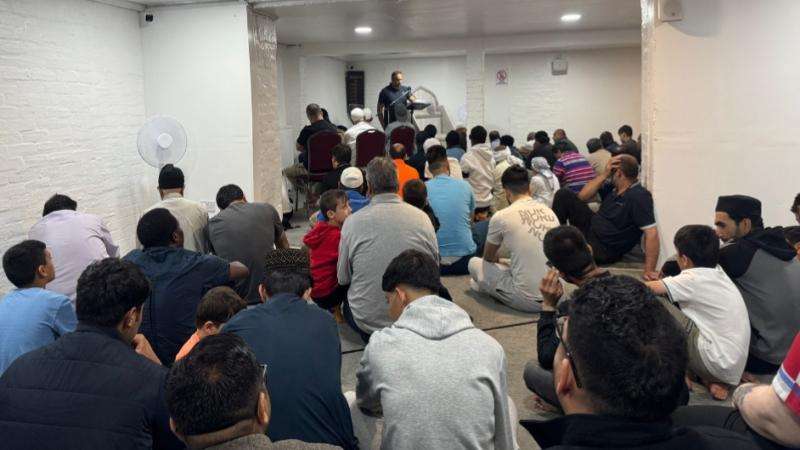

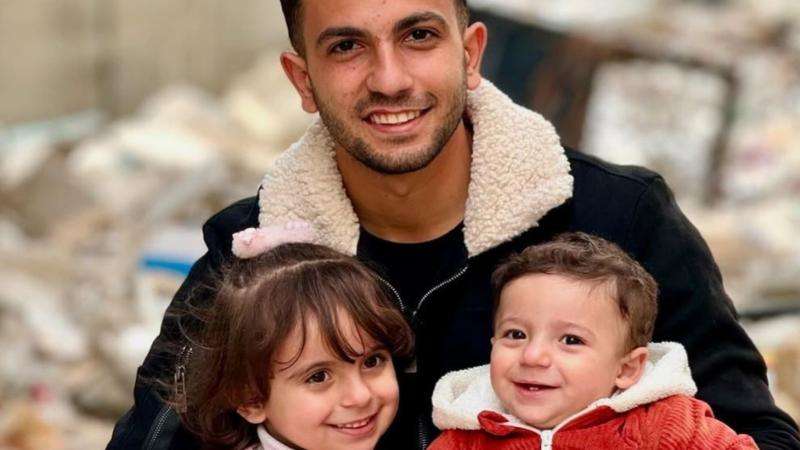

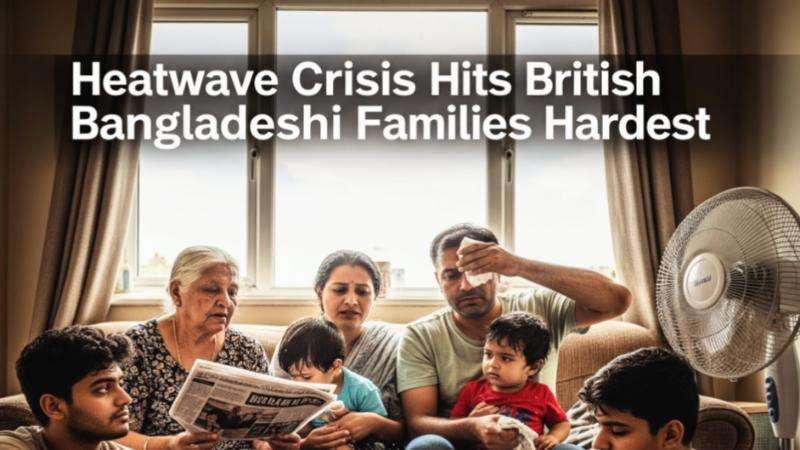


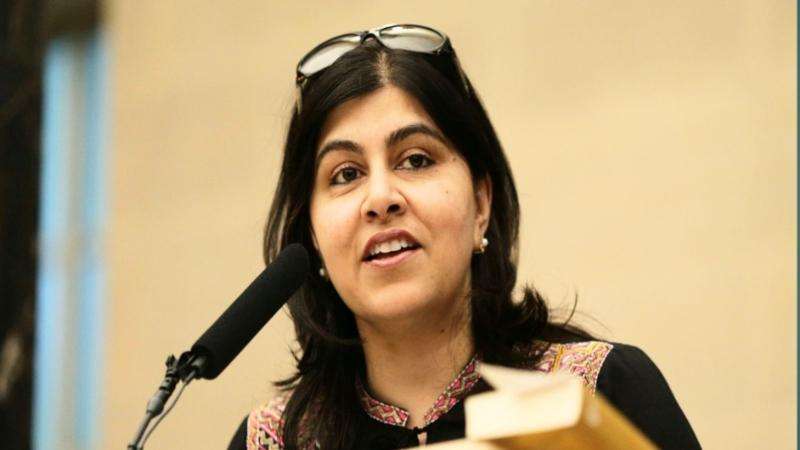
.svg)

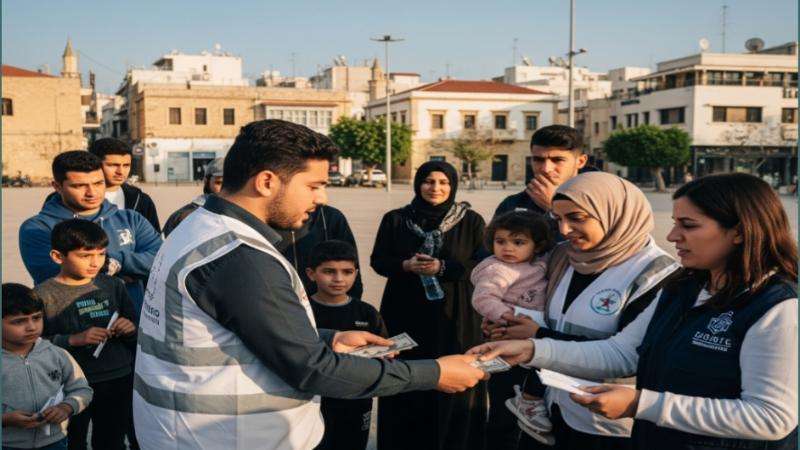


_1.jpg)